If you live casually, you end up a casualty.
Your mum was right; she probably admonished you with one of these statements: “Don’t hang around the wrong crowd,” and “If you lie down with dogs, you get up with fleas.” This is one of the few things that most parents get right: being able to spot and advise their children against hanging around wrong influences. They know this because they know what hanging around bad influences did to them and the consequences of not setting healthy boundaries against bad associations. Keeping fake and toxic people around you could get you killed, as they do not have your best interest at heart. For most of us, because of the fear of loneliness, we hang on to energy drainers, dream killers, frenemies disguised as siblings, parents, childhood friends and colleagues.
Our world suffers from a fakery epidemic amplified on social media with our well-curated timelines and posts. Everyone shares the bright side of their lives and not the challenging moments; statements like “I am happy to share with you that I just started a new job/got certified” are a regular feature. You hardly see posts saying things like, “I just got laid off, separated, getting divorced, or going through depression.” We are quick to share the good times but not the bad moments because we fear being judged, blamed, shamed or even cancelled. Vulnerability is not seen as a strength but a weakness in our digital quick-fix, have everything now world. As a result of this, we hang on to things, relationships and associations that is not elevating us or moving us closer to our dreams and aspiration.
Dealing with fake and insincere friends can be extremely draining and hard to spot. We find it hard to set boundaries for the closest people to us because of our fear of being labelled as “unforgiving,” “vindictive,” or “intolerant.” Fake relationships are as old as our humanity; the first two sons of Adam and Eve in the bible – (Cain and Abel); Hābīl and Qābīl in the Quran was the first recorded case of murder. Cain killed his brother Abel as a result of jealousy. Joseph was sold by his brother into slavery. You and I are not special; anyone, even your siblings, closest friends and associates, could harm you. As former Intel CEO Andy Grove often said, “Only the Paranoid Survive.”
A good network can take you down. A bad network can take you down. A good network can give you inspiration and ideas. So hang with the right people.
Former CEO of Yahoo, Carol Bartz in her 2012 University of Wisconsin Madison Commencement Speech 1 advised hanging around the right group as they can elevate or get us grounded.
OK. First, hang with the right people. That’s always been true, but it’s even more important in this open world of social networks. Networking was once considered a very self-conscious way to get ahead. It meant passing out business cards, but your social network is very, very important to you as you move through your career. A good network can take you down. A bad network can take you down. A good network can give you inspiration and ideas. So hang with the right people.
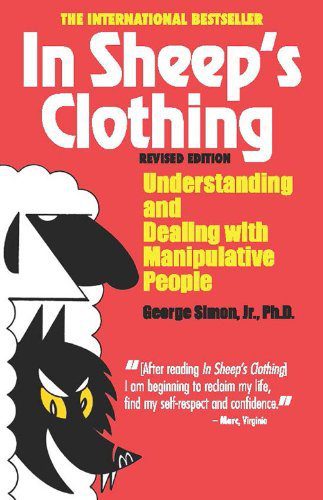
“It may have short ears and it may have long ears; it may have a lot of hair and it may have no hair at all; it may be brown or it may be gray; but if it’s big and has tusks and a trunk, it’s always an elephant.”
In Sheep’s Clothing: Understanding and Dealing with Manipulative People 1, Dr. George K. Simon Ph.D., observed, “Manipulative people have two goals: to win and to look good doing it. Often those they abuse are only vaguely aware of what is happening to them.” Manipulative people are all around us, and they are usually the closest people to us. Dr. Simon asserted:
On the surface, they can appear charming and genial. But underneath, they can be ever so calculating and ruthless. Cunning and subtle, they prey on your weaknesses and use clever tactics to gain an advantage over you. They’re the kind of people who fight hard for everything they want but do their best to conceal their aggressive intentions. Manipulators often know us better than we know ourselves. They know what buttons to push, when to do so and how hard to press. Our lack of self-awareness can easily set us up to be exploited.
Manipulators often know us better than we know ourselves. They know what buttons to push, when to do so and how hard to press. Our lack of self-awareness can easily set us up to be exploited.
Have you ever wondered why we stay in toxic relationships that his harming you and not adding much value? Dr. Simon calls this phenomenon – The Slot Machine syndrome, which prompts a victim in abusive, manipulative relationships to stay even when they’ve often thought about leaving. Anyone who’s played one of those “one-armed bandits” knows it’s difficult to stop pulling the lever even when you’re losing pretty badly.
There are primarily four reasons why a person can get trapped in this syndrome.
Jackpot
First, there’s the appeal of the “jackpot.” People often jump at the chance to get a lot of something that’s very valuable to them for what initially appears a relatively small investment.
Response
Second, whether or not you will get anything for your efforts depends only on the degree to which you are willing to “respond” (behaviorists call this a ratio schedule of reinforcement). With a slot machine, you have to do a lot of “responding” (investing) to even have a chance at winning.
The Trap
Third, every now and then, a “cherry” (or, some similar small jackpot) appears and you “win” a little something. This reinforces the idea that your investment is not for naught and that “winning” a larger payoff is really possible if you just keep investing.
Sunk Cost
Fourth, after you’ve been worn down by the machine’s “abuse” and are tempted to walk away, you’re faced with a most difficult dilemma. If you leave, you leave behind a substantial investment. You not only have to walk away from your “abuser,” but from a huge chunk of yourself. To disengage with nothing to show for your time and energy but a broken spirit is hard to do. You’re tempted to delude yourself by saying: “If I just put in one more quarter…”
In any abusive relationship, the other person is never the real object of the aggressor’s desire, the position is.
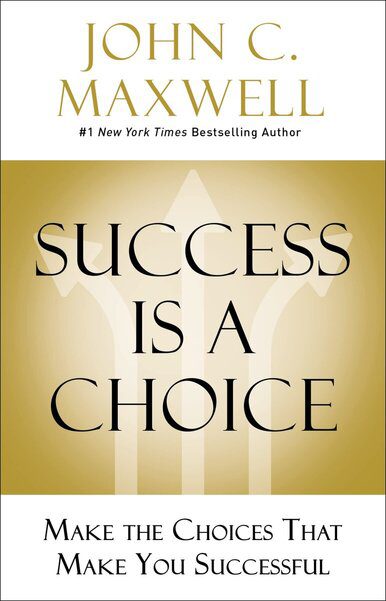
Identifying who has your back can be very hard as people pretend with you when things are going right but bolt at the first sign of distress. You know your friends during adversity, and your friends know you during prosperity. American Leadership John C. Maxwell describes the five types of people we are all likely to encounter in his book, Success Is a Choice: Make the Choices that Make You Successful 2. Maxwell writes:
You will come in contact with a lot of people who can impact your efforts as you work on achieving your dreams—some in a negative way. Here are five types of people you are likely to encounter:
- Refreshers—they inspire your dreams and energize your talents.
- Refiners—they sharpen your ideas and clarify your vision.
- Reflectors—they mirror your energy, neither adding nor subtracting from it.
- Reducers—they try to reduce your vision and efforts to their comfort level.
- Rejecters—they deny your talent, hinder your efforts, and impede your vision.
If you remain focused on results, you will stay grounded. The praise of others is less likely to go to your head, and the negative impact of people such as the reducers and rejecters will be minimized.
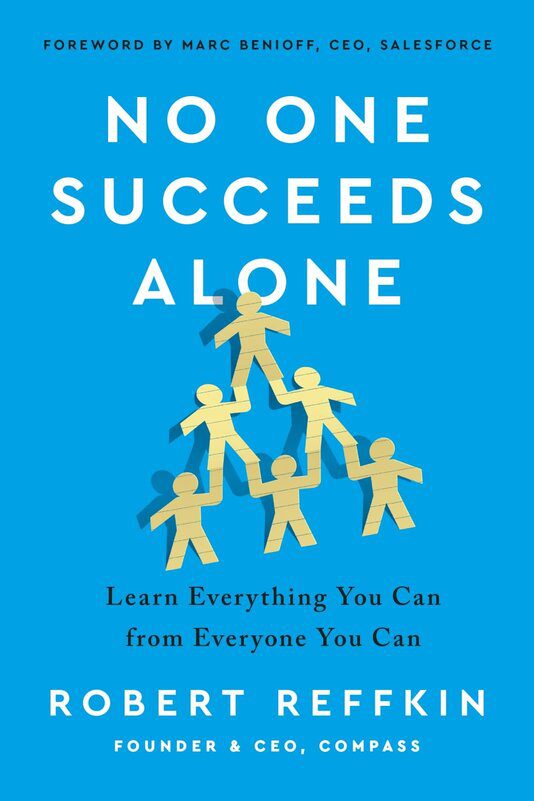
American Entrepreneur and CEO of online real estate company Compass, Inc., advised surrounding oneself with energy givers and avoid energy drainers in his book, No One Succeeds Alone: Learn Everything You Can from Everyone You Can 3
Be a clear-eyed optimist who doesn’t expect the path to be easy but believes every obstacle can be overcome. The difference between someone who gets stuck on a problem and someone who finds a solution isn’t how smart they are or how many resources they have—it’s how much energy and passion they can muster. Surround yourself with people who give you energy and avoid anyone or anything who saps it. Seek out collaborators who share your mindset of abundance and possibility, the type of people who don’t sit around thinking about how something might fail but get to work, making sure that it succeeds.
Surround yourself with people who give you energy and avoid anyone or anything who saps it.
We need people to take us to the next level, but we must also care for our mental health. We are what we tolerate; when you allow fake relationships in your life, it gradually becomes a culture and a part of your identity. The moment you start setting healthy boundaries for people, you will be called names and labelled as difficult. Trust your instincts and avoid fake friends, family and associations that are draining, stressful and not aligned with your ultimate life purpose. You might have to cut some people off for a while or forever, but your mental health and peace should be your number one priority. You need to be alive to achieve your dreams; many potentials have been cut short due to people pleasing and giving people the benefit of the doubt.
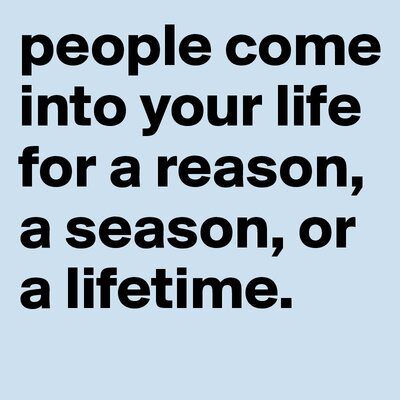
American poet Maya Angelou often said, “When people show you who they are, believe them”. Most of us continuously give people the benefit of the doubt even though they constantly drain our energy and increase our stress. We justify their bad behaviour because they are family, we have known them all our lives, and they are all we’ve got. We give people the benefit of the doubt, they get the benefit, and you battle with the doubt. It’s okay to give people the benefit of the doubt sometimes, but when this continues, you need to set healthy boundaries for yourself and others. Remember, “If you live casually, you end up a casualty.” Say No to Fake relationships, friends and associations.
Meditation
- Daily Calm with Tamara Levitt – Everyday Gratitude
- Connect with gratitude for the everyday features and facets of life that are easy to overlook. Try to make a daily habit of expressing gratitude for little things, even when life reaches a rough path; you can still feel grateful for clean socks, and a beating heart.
“Gratitude is one of the sweet shortcuts to finding peace of mind and happiness inside. No matter what is going on outside of us, there’s always something we could be grateful for.” — Barry Neil Kaufman.
- Daily Jay with Jay Shetty -Comfort Zone.
- When to edge past your boundaries, and when to let it be. It’s essential to push yourself out of your comfort zone. But knowing when to pull back and stay safe is also important.
Podcast
- Holistic Healing Might Be The Solution You’re Looking For – Ed Mylett Show
All the Best in your quest to get Better. Don’t Settle: Live with Passion.
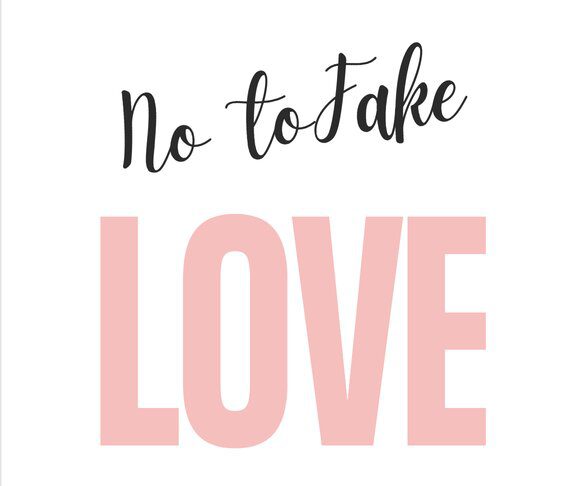


Comments are closed.